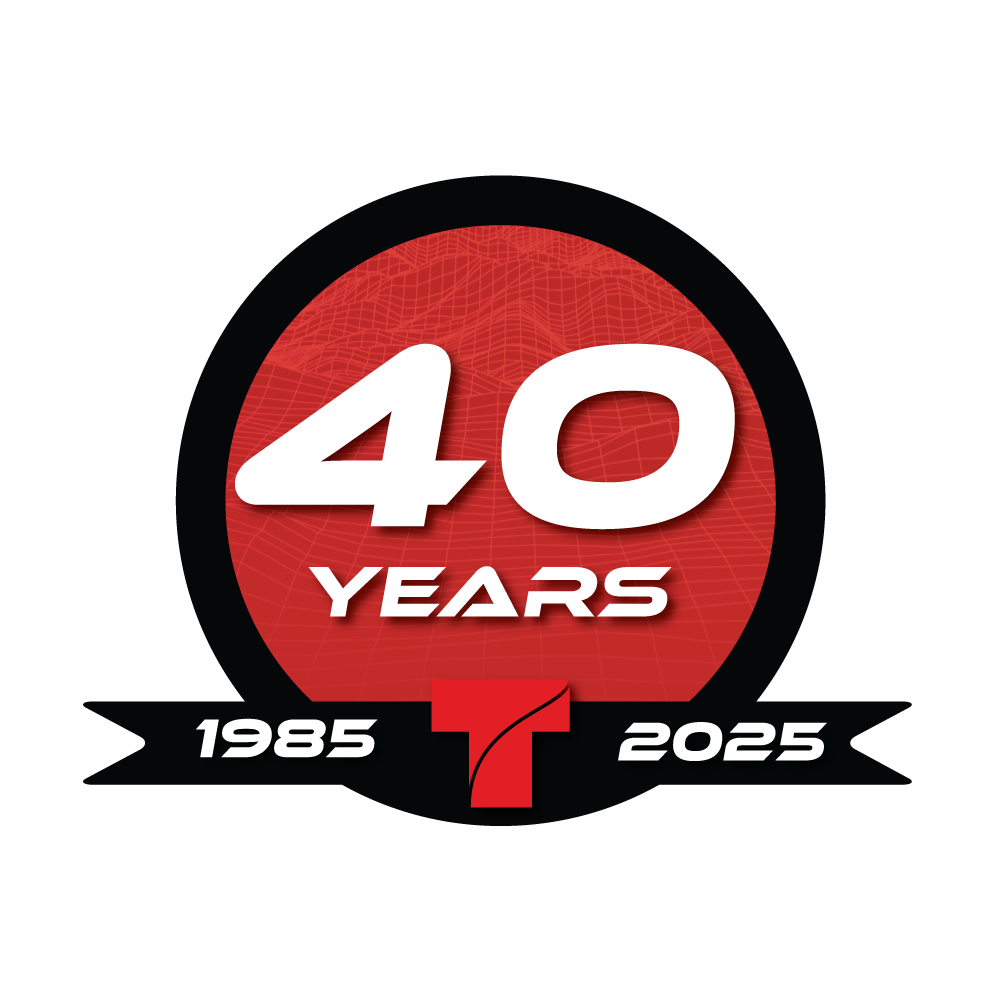How to Leverage Data Science Skills In GIS Roles
There’s no longer a distinct line between data science and GIS. The sheer amount of data collected by geospatial tools means that those in GIS roles need to know both fields. Additionally, geospatial solutions are being used across all industries, and innovations in this field are happening at light speed, feeding the demand for qualified professionals looking to jumpstart their GIS careers – many of whom have data science expertise.
If you’re looking to leap from data science to GIS, here are some of the hard and soft skills you need to hone to succeed.
Find the Right Fit
There are jobs in nearly every industry that require GIS skills, so there’s bound to be a role that fits your interests and personality. Whether you want to be in the great outdoors or warmed by the glow of a computer screen, you’ll quickly find where you belong as a data scientist transiting to the world of GIS. Don’t settle for the first job position you find without being particular about the industry or job specifics; working with a team like ours means that you’ll be able to find a niche that works to help you grow as a GIS professional.
Live and Breathe Data
Sure, data scientists are met with volumes of data. That’s especially true for those in the GIS industry. Because there’s a wide range of data science and software tools used in the GIS field, it’s crucial to have a working knowledge of how to use these tools and efficiently read the data sets provided. It’s also not just enough to know the software you’re currently using. Take time to broaden your horizons and learn the basics of other commonly used tools and those making news as innovative or disruptive.

Do Some Research
Organizations across all industries are collecting more geospatial data than ever, and much of this data is based on customer location. Applying this data to decisions that help businesses grow and thrive needs to be done easily and quickly, which is why decision-makers often turn to geospatial intelligence and information. Take time to research the different interests where your data science skills translate seamlessly into GIS success.
Make Some Connections
Once you’ve decided which industry to leverage your data science skills, don’t be afraid to find every opportunity to network. Public-private partnerships (PPPs) are an integral part of GIS projects, and it’s important to enter into these situations with some working knowledge of your collaborators – something that happens when you network professionally. With PPPs, government and municipal agencies can work with privately-owned organizations to create solutions and stoke innovation.

Think About Culture
When applying for GIS positions from a data science background, don’t overlook the importance of cultural fit. In the past few years, it has become increasingly clear that company culture will make or break an organization’s success. With that in mind, employers should look for talent that can fulfill the job duties and be a proper fit culturally. You should showcase non-technical and soft skills during the interview process or on your resume and LinkedIn page.
Let Us Help
If you want to leverage your tools as a data scientist to transition into the GIS industry, get in touch with our team. We are committed to providing services and platforms for geospatial solutions, specializing in city wayfinding, defense mapping, and integrated public transportation information. We can help you find a position that builds on-the-job knowledge while encouraging soft skill growth. Contact us today to learn more!















